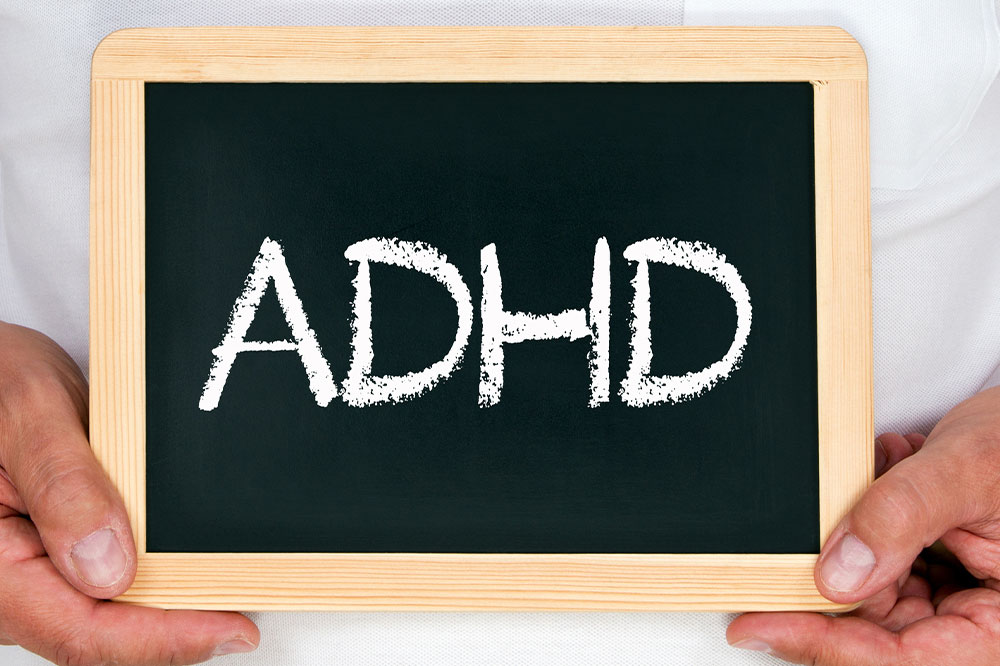Comprehensive Guide to Recognizing and Understanding Antisocial Personality Disorder
This comprehensive article explores the causes, symptoms, diagnosis, and treatment options for antisocial personality disorder. It emphasizes early detection, complex origins, and the importance of professional intervention for managing this challenging mental health condition effectively.

Comprehensive Understanding of Causes and Indicators of Antisocial Personality Disorder
Antisocial personality disorder, often referred to as sociopathy or psychopathy, is a complex mental health condition that profoundly impacts an individual's behavior and interpersonal relationships. It is characterized by a persistent pattern of disregard for social norms, laws, and the rights of others, often leading to delinquent or harmful behaviors. Individuals with this disorder tend to demonstrate a lack of empathy, remorse, or guilt, which influences their interactions and decision-making processes. Recognizing the signs and understanding the root causes are essential steps toward timely intervention and management.
At its core, antisocial personality disorder manifests through a range of behavioral and emotional symptoms. Those affected often engage in behaviors that violate societal and legal standards, and they may demonstrate a blatant disregard for the wellbeing of others. These behaviors can include theft, deceitfulness, violent acts, and substance misuse. Their relationships are usually unstable, marked by manipulation, hostility, and frequent conflicts. The disorder often begins in early childhood or adolescence with conduct problems, but diagnosis typically occurs during adulthood once pattern behaviors become entrenched and problematic.
Understanding the specific symptoms associated with antisocial personality disorder is crucial for early detection. Common indicators include:
Repeated violation of laws and societal norms, such as engaging in criminal activities.
Disregard for others’ physical or emotional rights, often involving exploitation or manipulation.
Unstable personal and professional relationships marked by dishonesty and hostility.
High levels of irritability, frequent aggressive outbursts, and a tendency toward violence.
Lack of remorse or guilt for harmful actions, even after consequences are evident.
Impulsivity and reckless decision-making, often without regard for safety or long-term outcomes.
Deceitfulness, with frequent lying or manipulative behaviors designed to serve personal gain.
Persistent hostility, arrogance, and a tendency to dismiss the feelings or rights of others.
Neglecting negative consequences, sometimes engaging in risky activities without caution.
Flattery and exploitation used to manipulate others for personal benefit.
Issues with substance abuse, which can exacerbate behavioral problems.
Diagnosing antisocial personality disorder involves comprehensive psychological assessments, including clinical interviews, behavioral observations, and ruling out other mental health conditions. It's a diagnosis that must be approached with caution due to its complexity, as affected individuals often deny or minimize their issues. Proper diagnosis relies heavily on detailed patient history, including childhood behavior and developmental milestones.
The origins of antisocial personality disorder are multifaceted, making it a challenging condition to understand fully. The prevailing biopsychosocial model suggests that a combination of genetic, environmental, and psychological factors contribute to its development. Genetic predispositions can influence temperament and susceptibility, while childhood environment plays a crucial role. Factors such as childhood abuse, neglect, family instability, and exposure to violence are significant risk factors. Additionally, personal temperament, including impulsivity and emotional regulation difficulties, can increase the likelihood of developing the disorder.
The disorder appears to be hereditary, with higher prevalence rates among males—estimated at approximately 3% among the male population and about 1% among females. It is notably more common in incarcerated populations, indicating a strong correlation with criminal behaviors. Risk factors that heighten the likelihood of antisocial personality development include:
Early conduct disorders in childhood, such as oppositional defiant disorder or persistent defiance.
A family history of personality disorders or criminal behavior.
History of mental health issues like depression, ADHD, or other behavioral problems.
Exposure to childhood trauma, such as physical, emotional, or sexual abuse, or neglect.
An unstable or dysfunctional family environment during formative years, which impairs emotional development.
Potential complications arising from antisocial personality disorder are serious and far-reaching. These include familial conflicts, substance dependency, difficulty maintaining stable employment, and social isolation. Involvement in criminal activities may lead to imprisonment, legal issues, or even violence, sometimes resulting in injury or death. The disorder also poses a risk for early mortality, whether due to violence, accidents, or health neglect. These severe outcomes underscore the importance of early detection and intervention.
Diagnosing antisocial personality disorder is inherently challenging because individuals affected frequently deny or conceal problems. Family insights, behavioral history, and a comprehensive evaluation process are vital to formulating an accurate diagnosis. The assessment involves psychological testing, background analysis, and evidence matching the diagnostic criteria outlined in standard psychiatric manuals. While signs can appear during childhood, the official diagnosis is generally made in adulthood once behavioral patterns become persistent and problematic.
Treatment for antisocial personality disorder requires specialized mental health care, often involving a multidisciplinary team of psychologists, psychiatrists, and social workers. Since individuals with this disorder typically do not seek treatment voluntarily, intervention often occurs through legal or court-mandated channels. Treatment aims to reduce harmful behaviors, improve emotional regulation, and address co-occurring conditions like depression or anxiety.
Therapeutic approaches commonly used include cognitive-behavioral therapy (CBT), which helps modify dysfunctional thought patterns and behaviors, and other forms of talk therapy that focus on anger management, impulse control, and social skills development. Behavioral reinforcement strategies can be effective in encouraging positive behavior change. Medication may also be prescribed to manage associated symptoms such as irritability, impulsivity, or coexisting mental health issues, though no FDA-approved drugs currently treat antisocial personality disorder directly. The effectiveness of treatment largely depends on the individual's willingness to engage and their motivation to change, which can be a significant challenge.
In summary, antisocial personality disorder is a challenging mental health condition characterized by persistent disregard for social norms, empathy, and the rights of others. Its causes are complex, involving genetic, environmental, and psychological factors. Early identification, comprehensive assessment, and tailored treatment strategies are essential for managing this condition effectively. Raising awareness and understanding can help society better support individuals affected, reduce stigma, and promote pathways to rehabilitation and social reintegration.





